Keywords: Recognition
There are more than 200 results, only the first 200 are displayed here.
-
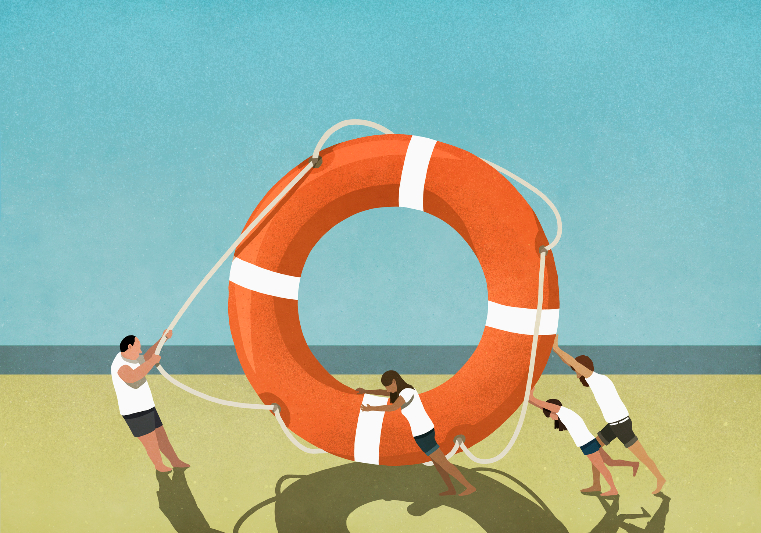
AUSTRALIA
- Greg Craven
- 25 January 2022
53 Comments
One reasonably could ask whether this is the moment to write a book about the potential of Catholic Social Theory to contribute to Australian politics and policy. After all, the Church is still struggling to come to terms with decades of child abuse, hardly a recommendation for social potential. We currently also are attempting to make sense of a Plenary that is both confused and confusing.
READ MORE 
-
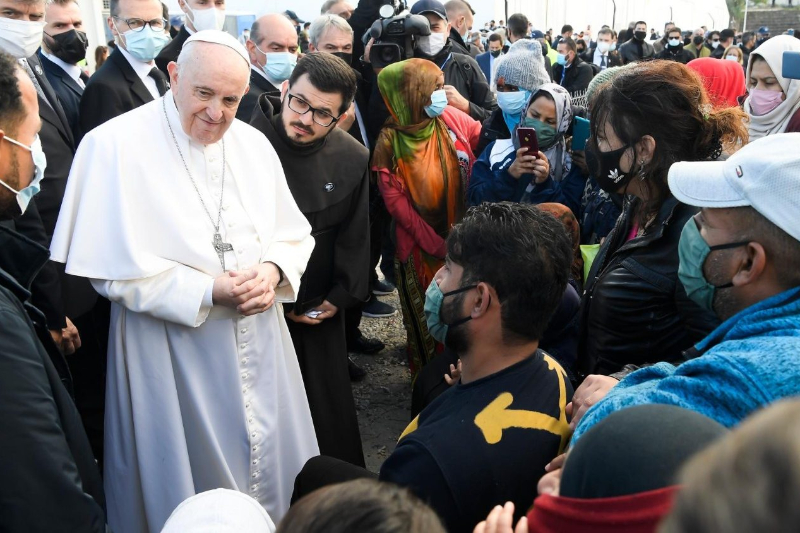
INTERNATIONAL
- Stephen Minas
- 18 January 2022
26 Comments
During his December journey to the eastern Mediterranean nations of Cyprus and Greece, Pope Francis drew attention to the conditions for irregular migration that result in thousands drowning at sea and many more languishing for years in camps. The International Organization for Migration records 23,150 missing migrants in the Mediterranean since 2014.
READ MORE 
-
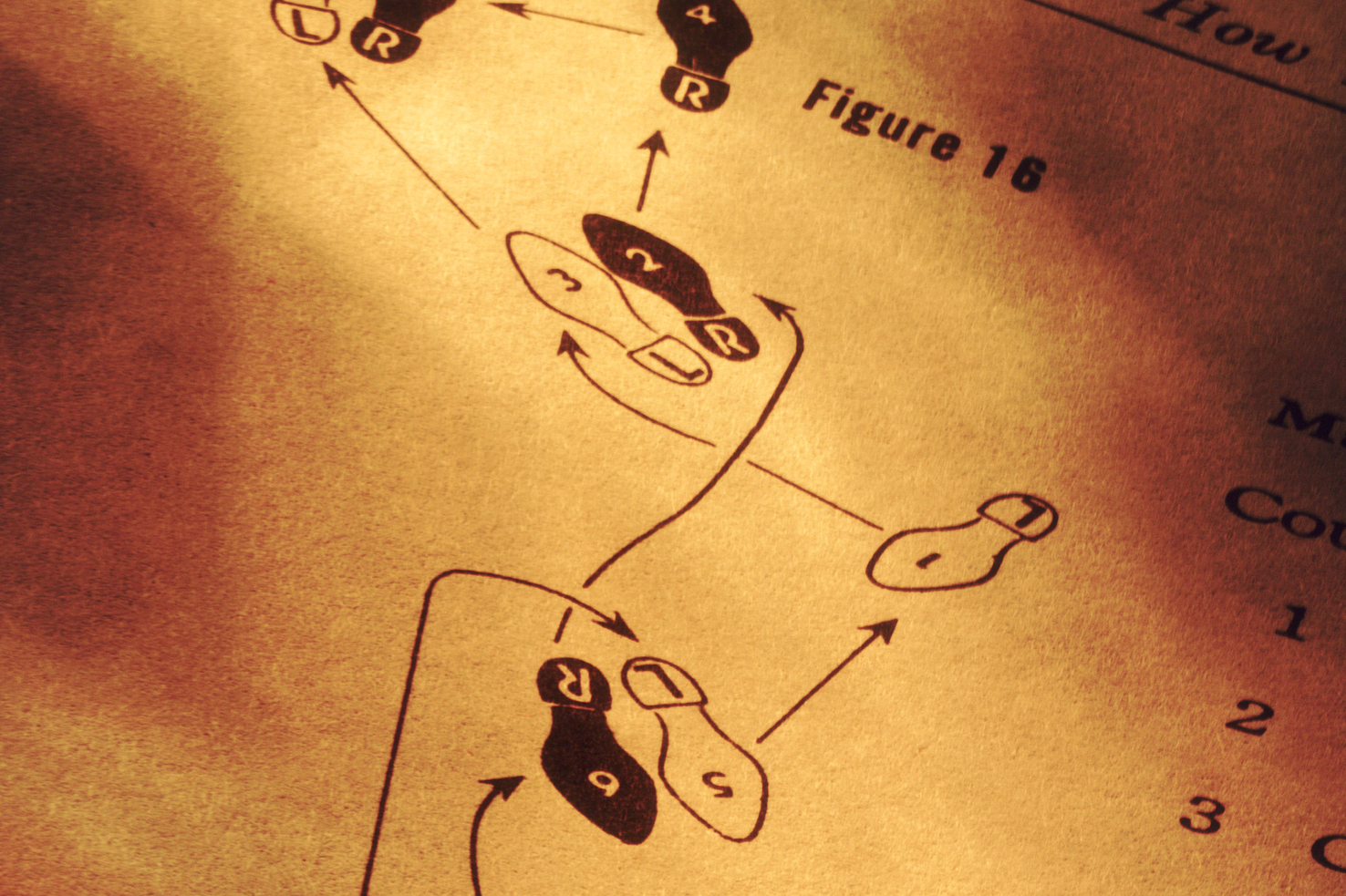
RELIGION
- Francis Sullivan
- 04 January 2022
14 Comments
The First Assembly of the Fifth Plenary Council held few surprises. The program made sure of it. Proceedings were carefully choreographed and the agenda was deliberately anodyne. It took several days before participants found their feet. The upshot was a week devoid of strategic focus.
READ MORE
-
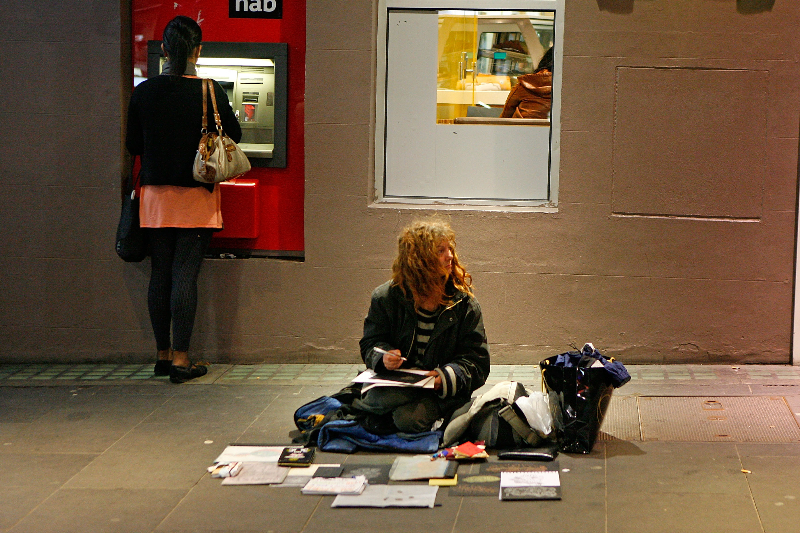
ECONOMICS
- John Falzon
- 04 January 2022
7 Comments
When you put rising housing costs alongside stagnating wages, an alarming trend in normalising insecure work, persistent unemployment and underemployment, and statutory incomes that are going backwards in real terms, there’s good reason to be deeply worried about an increase in homelessness.
READ MORE
-

RELIGION
- Andrew Hamilton
- 16 December 2021
19 Comments
Christmas is always a mixture of nostalgia, weariness, connection and hope. This year the strands that compose it are even more tangled. We hope to return to the pre-Covid normal of celebration without anxiety. We look forward to the New Year as a gate to freedom to travel, work and plan our lives without hindrance. At the same time, however, our plans are conditional. We realise that Covid has not left us, and that its mutations may lead to more interruptions and restrictions.
READ MORE 
-
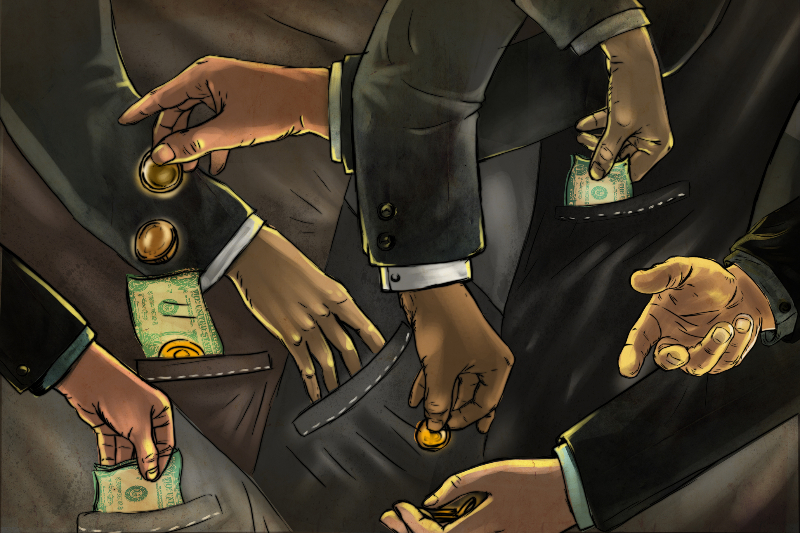
AUSTRALIA
- Andrew Hamilton
- 09 December 2021
24 Comments
Corruption in society is a sign that respect for human dignity has been eroded. If we identify the value of human beings with their ability to compete, we are easily led to treat other people and groups in society as instruments to be used for our own gain. The result is that the integrity of public institutions and people’s trust in them are eaten away.
READ MORE 
-

ARTS AND CULTURE
- Barry Gittins
- 07 December 2021
4 Comments
Without Christmas, without that beautiful bookend of closure and celebration for another rather depressing year, where would we be? Speaking for me and mine, ensconced in the oft-locked-down leafy suburbs of Melbourne, 2021 promised much and delivered little more than a continuance of stress, bad blood among some of the tribes that comprise Victorian society, and the hope that heightened vaccination rates will translate into the need for no more lockdowns. That’s certainly a present worth unwrapping.
READ MORE 
-
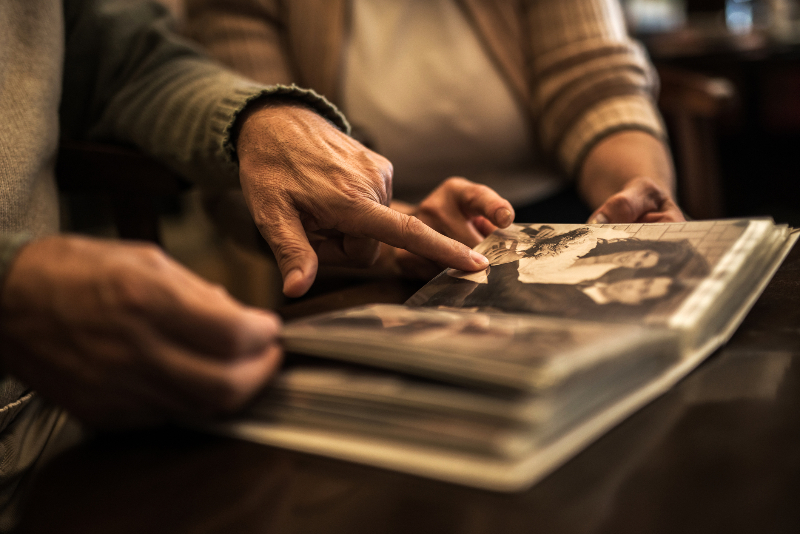
AUSTRALIA
- Andrew Hamilton
- 02 December 2021
22 Comments
Nostalgia is the sweet and sentimental ache that we might feel for an imagined past. It distracts from the present demands of life’s journey. Despite its association with self-indulgence, however, the place of nostalgia in personal and in political life is worth revisiting.
READ MORE 
-
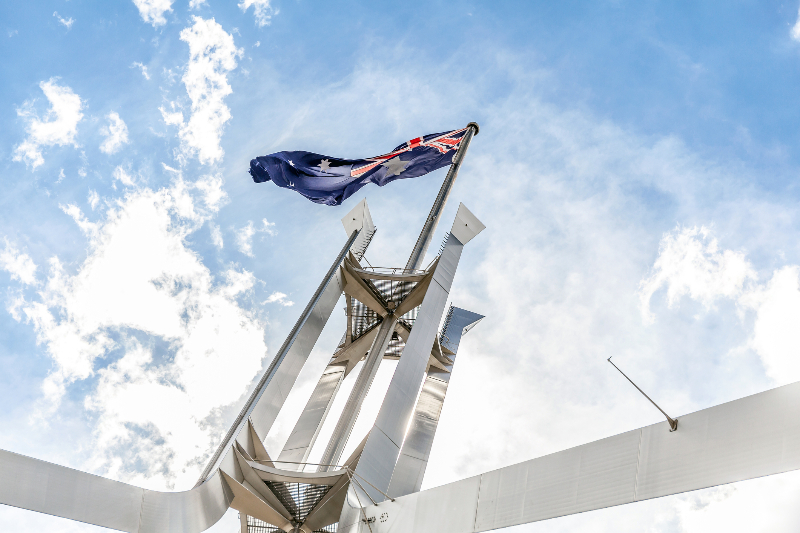
AUSTRALIA
- Frank Brennan
- 29 November 2021
17 Comments
On Thursday, three Bills were introduced to the House of Representatives: the Religious Discrimination Bill 2021, the Religious Discrimination (Consequential Amendments) Bill 2021, and the Human Rights Legislation Amendment Bill 2021. Collectively, these bills constitute the Morrison Government’s response to the Ruddock Religious Freedom Review provided to government in May 2018.
READ MORE 
-

RELIGION
- Francis Sullivan
- 25 October 2021
32 Comments
The First Assembly of the Fifth Plenary Council held few surprises. The program made sure of it. Proceedings were carefully choreographed and the agenda was deliberately anodyne. It took several days before participants found their feet. The upshot was a week devoid of strategic focus.
READ MORE 
-

ENVIRONMENT
- Cristy Clark
- 21 October 2021
7 Comments
On 8 October, at its 48th session, the United Nations Human Rights Council formally adopted a resolution recognising the human right to a clean, healthy and sustainable environment. It emphasises that ‘environmental degradation, climate change and unsustainable development constitute some of the most pressing and serious threats to the ability of present and future generations to enjoy human rights, including the right to life’.
READ MORE 
-
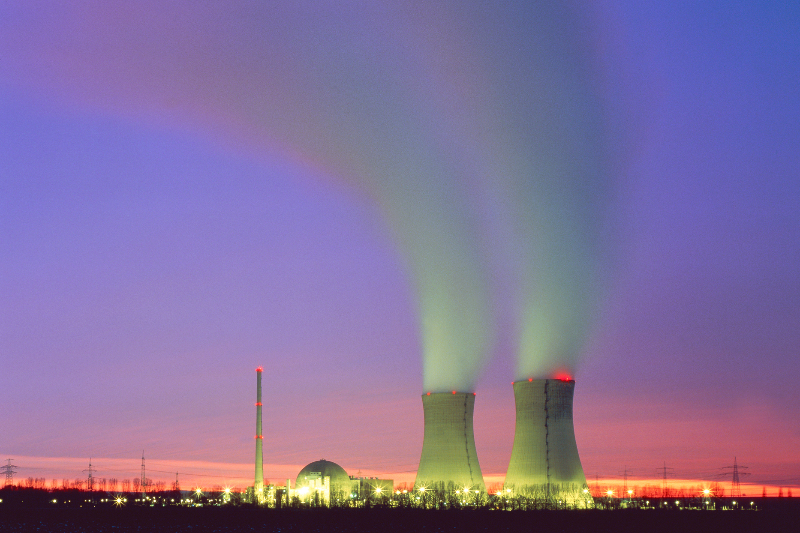
AUSTRALIA
- Andrew Hamilton
- 23 September 2021
15 Comments
Unlike December 25, September 26 is a World Day that passes by in silence. It calls for the Elimination of all Nuclear Weapons. Nuclear power is too mysterious to understand, too horrific to dwell on, and too far away to take responsibility for. It and its destructive power are unthinkable. And yet it continues to press on us, most recently in the announcement that Australia will build nuclear-powered submarines.
READ MORE 